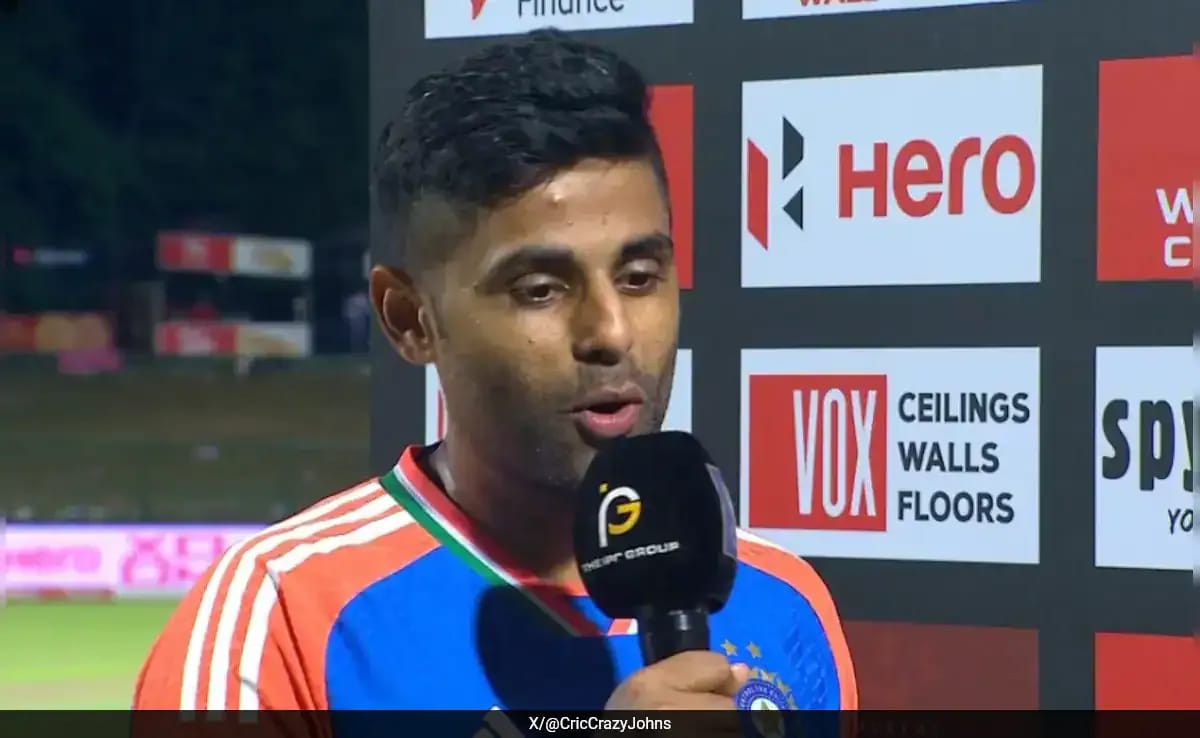Suryakumar told to avoid political comments; ICC to hear India’s case against Rauf, Farhan

Suryakumar told to refrain from political comments as ICC sets Rauf–Farhan hearing
India T20I captain Suryakumar Yadav has been advised by the ICC match referee to avoid remarks that could be construed as political after a formal hearing in Dubai. The caution followed a complaint from Pakistan’s team management over Suryakumar’s post‑match dedication after India’s group-stage win on September 14. India’s separate complaint against Pakistan players Haris Rauf and Sahibzada Farhan for provocative on-field gestures will be heard on Friday.
What the ICC told Suryakumar
Following a hearing chaired by match referee Richie Richardson, Suryakumar was told to refrain from comments that might be viewed as political during tournament engagements. The advisory came in response to a complaint that he referenced “Operation Sindoor” and dedicated the victory to the armed forces and families of victims of the Pahalgam terror attack during his September 14 press conference.
“We stand with the families of the victims … and dedicate the win to our armed forces,” was the essence of Suryakumar’s tribute that drew Pakistan’s objection.
The directive is aimed at maintaining the sport’s neutrality standard, which discourages political messaging in official media interactions.
Why Pakistan complained
Pakistan’s submission argued that the phrasing invoked an official military response and crossed into the realm of political speech. The formal hearing was triggered by that complaint. While the exact quantum of any penalty, if imposed, is a matter of process, such cases typically fall under lower‑tier offences and are addressed with warnings or fines when context is considered.
The gestures case: India’s complaint to be heard Friday
India’s complaint over on-field gestures by Haris Rauf and Sahibzada Farhan during the September 21 Super Fours game will be heard on Friday. Two flashpoints spurred the protest:
Rauf’s boundary-edge gesturing toward Indian supporters during a heated phase of play.
Farhan’s “machine-gun” celebration on reaching his half-century, which he later described as an impulsive act.
“That celebration was just a moment at that time… I don’t know how people will take it. I don’t care about that,” Farhan told reporters when asked to explain his action.
The code discourages celebratory acts that can be interpreted as provocative or inflammatory, especially in high‑tension fixtures.
The handshake saga and a tense backdrop
This Asia Cup has already seen unusual flashpoints. Ahead of and after the September 14 match, the captains did not shake hands. A separate row erupted when Pakistan lodged a protest over a toss-time “no handshake” request they attributed to the match referee, prompting a later clarification and apology for miscommunication. The episode briefly threatened game logistics before both sides proceeded with their fixtures.
What happens next
Suryakumar’s case: He has been advised to avoid political references in future media engagements during the event. Any sanction, if applicable, would follow the standard code pathway.
Rauf–Farhan hearing: The ICC will weigh intent, context, and match footage. Outcomes for Level 1/2 breaches typically include admonitions, fines, or demerit points.
De‑escalation priority: With knockout stakes approaching, officials generally aim to keep the spotlight on cricket, reinforcing boundaries around political references and provocative celebrations.
Why this matters
High-profile games attract global audiences and heightened emotions. The ICC’s code draws a clear line: celebrate the cricket, avoid political signalling, and keep behaviour within the spirit of the game. Warnings and hearings are mechanisms to reset that line when intense rivalries push the boundary.
The underlying message from the governing framework is simple: let performances do the talking, and keep gestures and words within the game’s decorum.